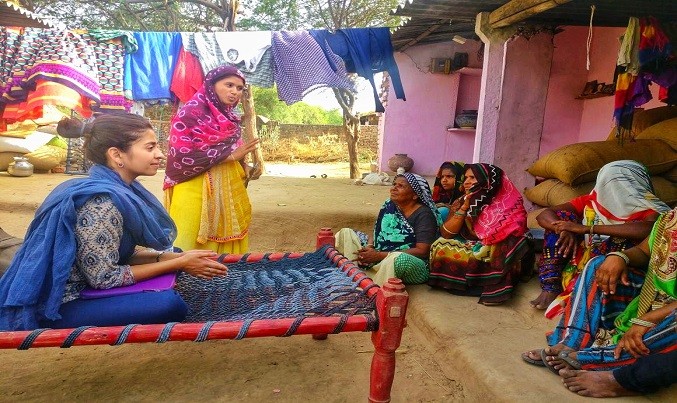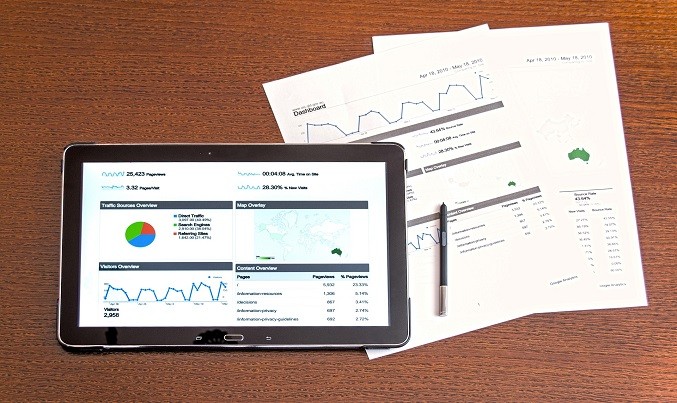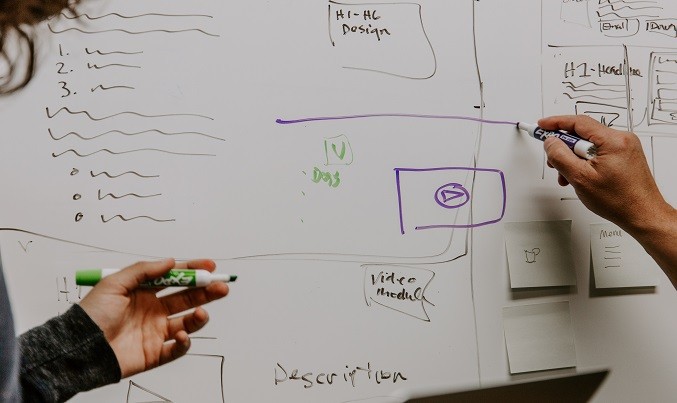Taking care of employees’ mental well-being must be a priority for the sector, writes Shrutee Ganguly.
Earlier this year, the WHO recognized burnout as an occupational phenomenon, bringing into sharp focus the correlation between work and mental health. However, in the social development sector, several factors combine to magnify the problem.
Whether in disaster scenarios, or otherwise, the emotional needs of the communities served are addressed immediately, as they should be. However, social workers who might be struggling with their own mental wellbeing are often left out.
The term vicarious trauma, compassion fatigue, or secondary traumatic disorder is often used to describe the occupational challenge of people working and volunteering in the fields of victim services and other allied professions.
A recent survey carried out by Dalberg Advisors and Youth Alliance on the mental health of social impact professionals working in India provided several alarming findings, including the fact that two of five professionals reported disrupted sleep pattern or reduced quality
of sleep due to work-related stress.
Part of what makes some non-profit work psychologically challenging for professionals is the compressed, intensified nature of operations. Some of the workers in this situation are more vulnerable than others. It could be because of any prior traumatic experience, lack of preparation for the role, constant exposure to trauma, lack of support function in the job, or just being reserved with personal emotions.
Some of the symptoms to look out for could be: continuous fatigue, frequent emotional outbursts, physical challenges, and lack of participation.
To better manage the mental health of the workers and respondents, it is crucial to regularly engage with them and assess their mental health. At Sattva, for instance, employees are frequently tested on these even during a regular workday.
Interviewing commercial sex workers on their challenges in rehabilitation as part of programme evaluation, or analysing numbers showing abysmal figures on acute undernourishment of children can be extremely intense. Many times one feels helpless and hopeless. Being firmly grounded in solving problems and unwavering focus on the larger purpose help. But how do we ensure that we take care of it for everyone?
Providing guidelines for working during difficult situations, along with adequate training in physiological and mental aspects can help build resilience. In the face of adversity, lack of systems, poorly prepared infrastructure to facilitate operations, inadequate response capacity, and no mental health component embedded in support services build frustration and stress.
Organizations and workers need to be aware of these challenges along with the cultural aspects of the affected demography to prepare well prior to dealing with such incidents. At Sattva, for instance, we have introduced several initiatives (see box), and more importantly, a safe environment where mental well-being can be discussed openly. Recognizing efforts and empowering the staff can have a positive effect in such volatile environments.
Sattva Wellness Initiatives
Induction with Immersion: Pairing up a work buddy with new employees when they join. This builds a system where new recruits can take the help of more experienced employees in any situation.
Mindfulness Rituals: Rituals where employees get together regularly to focus on mindfulness and being present in the moment.
Employee Happiness Survey: An internal framework using which employees periodically report on their state of well-being, connectedness with the purpose and issues that are bothering them.
Mentoring and Counselling: Access to experienced senior mentors, and to professional counsellors. Mechanisms for employees to know that safe spaces and qualified help are always available.
1 https://thewire.in/health/mental-health-social-impact-professionals











